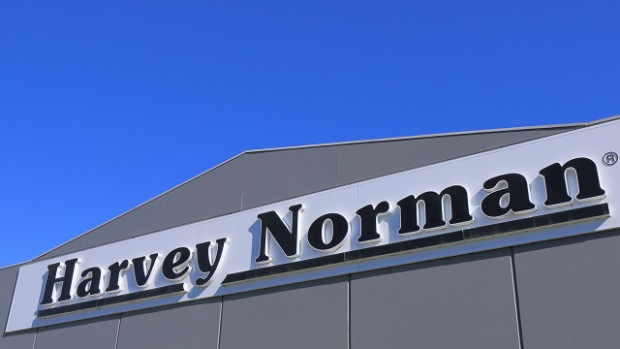
Harvey Norman investors are expected to exert pressure on leaders of the furniture and appliance retailer at the company’s AGM tomorrow, when shareholders will vote on executive pay and the reelection of several board members.
According to shareholder proxy advisor Glass Lewis, the company’s recent AGMs suggest shareholders are ready for a change.
Last year, shareholders delivered a first strike against Harvey Norman’s remuneration report, putting pressure on the board this year to avoid a spill.
“Concerns about the composition and independence of the board at Harvey Norman have lasted longer than some of the appliances and electronic gadgets sold by the retailer,” Glass Lewis said in a note to shareholders.
Until March of this year the most junior director was appointed prior to the Global Financial Crisis in 2008, Glass Lewis said. But, with the appointment of Maurice Craven, the company has a board member whose “independence isn’t complicated by business relationships, familial ties, or long service”.
Shareholder Stephen Mayne has put himself forward for election to the board, although he agreed to withdraw his nomination should the board agree to compensate non-participating retail shareholders in the recent $165 million capital raising by auctioning off the shortfall to the highest bidder.
“Whether the outsider Mayne garners much support from institutional investors remains to be seen, but given the current board controls the company, some shareholders may see this as an opportunity to lodge a more novel protest vote without running the risk of actually electing the outsider to the board,” Glass Lewis said.
Glass Lewis clarified that it doesn’t recommend that shareholders vote for the proposal, but that other proxy advisors may have a different view.
Companies question proxy recommendations
At Harvey Norman’s 2018 AGM, proxy advisor the Australian Shareholders’ Association (ASA) railed against the company’s remuneration report, noting that the policy didn’t align with its guidelines for good practice.
At the time, Harvey Norman hit back at the association, telling The Australian that the ASA were “nobodies” who “don’t represent anyone”.
In recent weeks, more businesses have pushed for transparency around the recommendations proxy advisors give to shareholders, with Angus Armour, chief executive of Australian Institute of Company Directors, stating that Australia doesn’t have the same clear rules of engagement as other markets.
“The US securities and exchange commission is proposing to increase transparency and accuracy of the proxy voting system, including requiring proxy advisors to give companies an opportunity to review and respond to their draft proxy advice before it is distributed to shareholders, as well as enhance disclosures around conflicts of interest,” Armour said in a statement to Inside Retail.
“The AICD believes these proposals warrant consideration in the Australian market.”
Harvey Norman chief executive Katie Page said advisors should want to “guarantee the accuracy of their statements, rather than make misleading assumptions either intentionally or unintentionally”, according to The Sydney Morning Herald.
In a review of proxy advisor engagements published in 2018, ASIC found that the major issues companies have with proxy advisors is an apparent unwillingness to engage, providing small windows for companies to respond to clarify issues prior to a vote, and a failure to correct inaccuracies in a report.
However, in discussions with proxy advisors, ASIC found they were willing to engage with companies through the year – not just prior to votes – and were willing to obtain a company’s feedback on factual matters.
They were also willing to make a copy of their report available to the company prior to or after publication, but wished to maintain independent from the companies that were the subject of their reports.
ASIC noted that while engagement between companies and proxy advisors was generally positive, it needed to be done for the purpose of informing shareholders.
“It should not be viewed simply as an advocacy opportunity by companies to influence a proxy advisor’s recommendation in relation to a particular resolution,” ASIC recommended.





